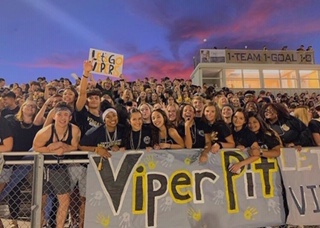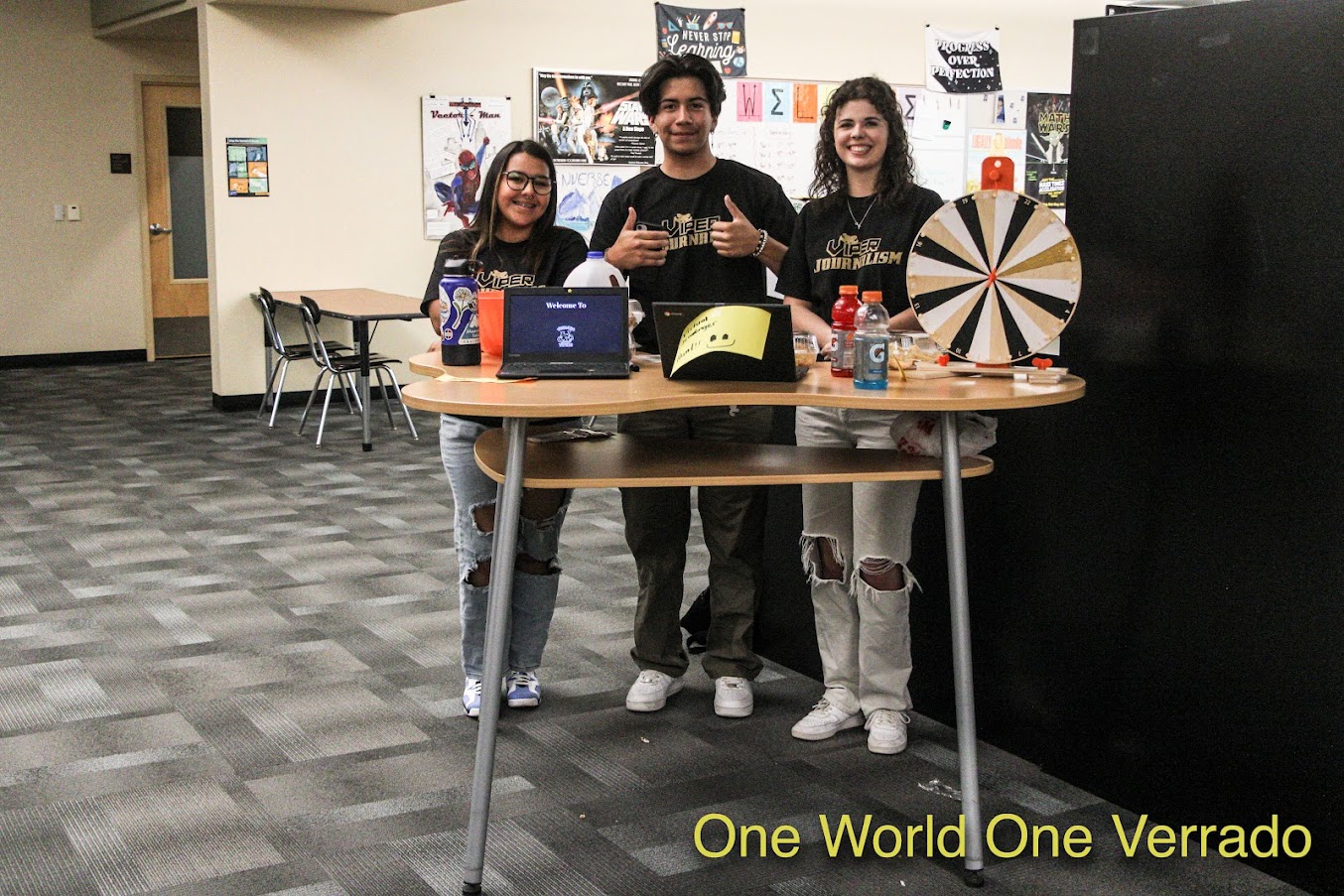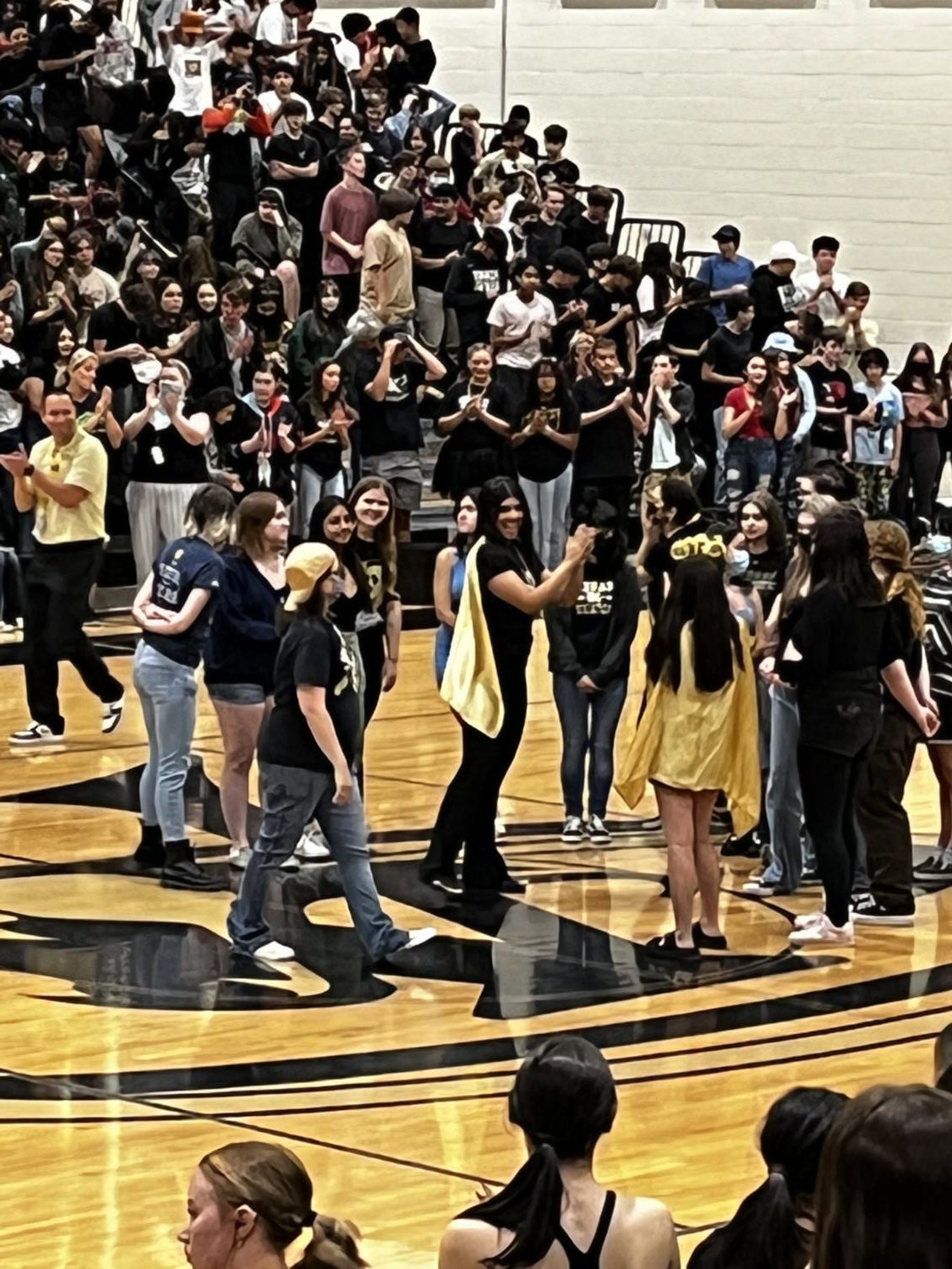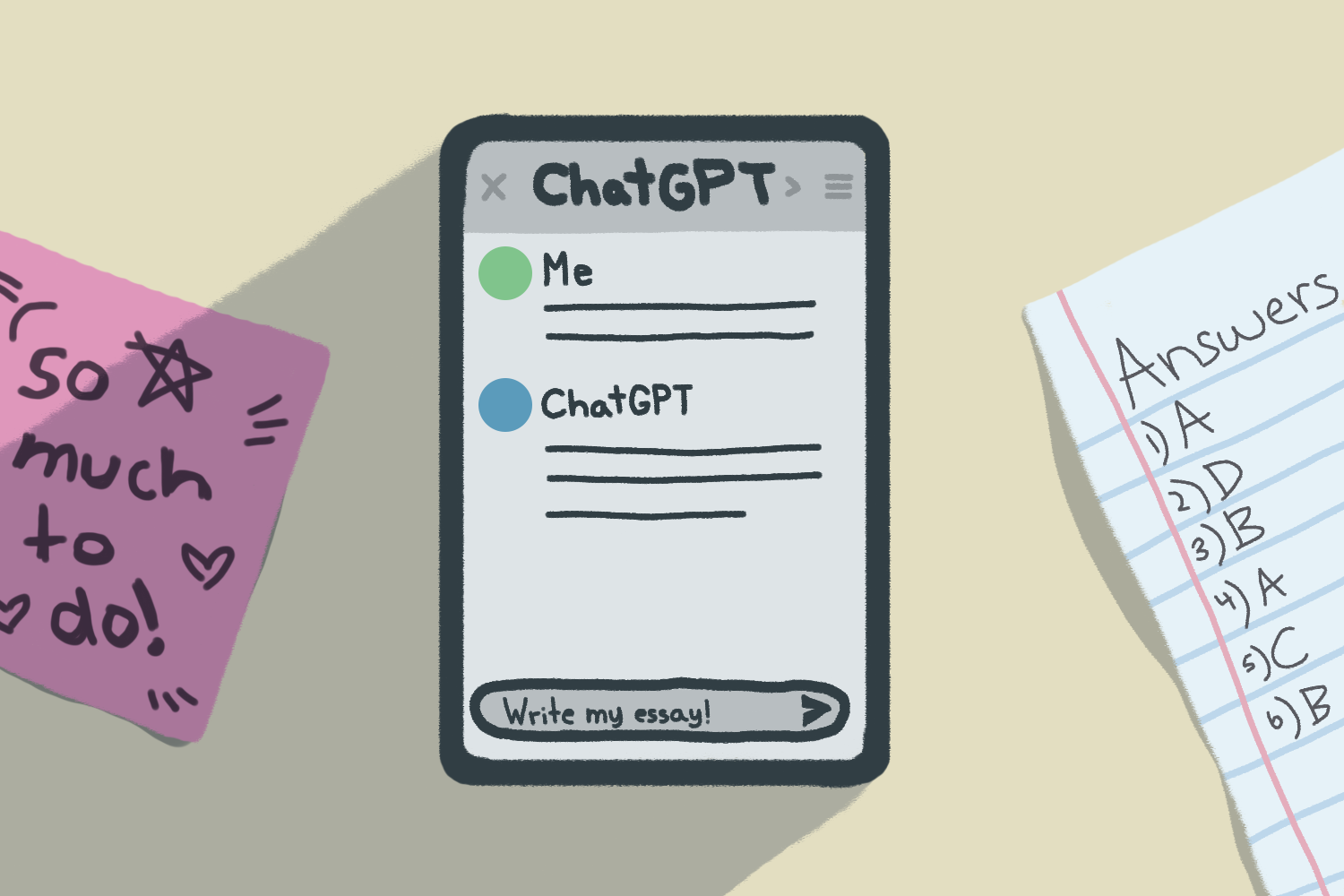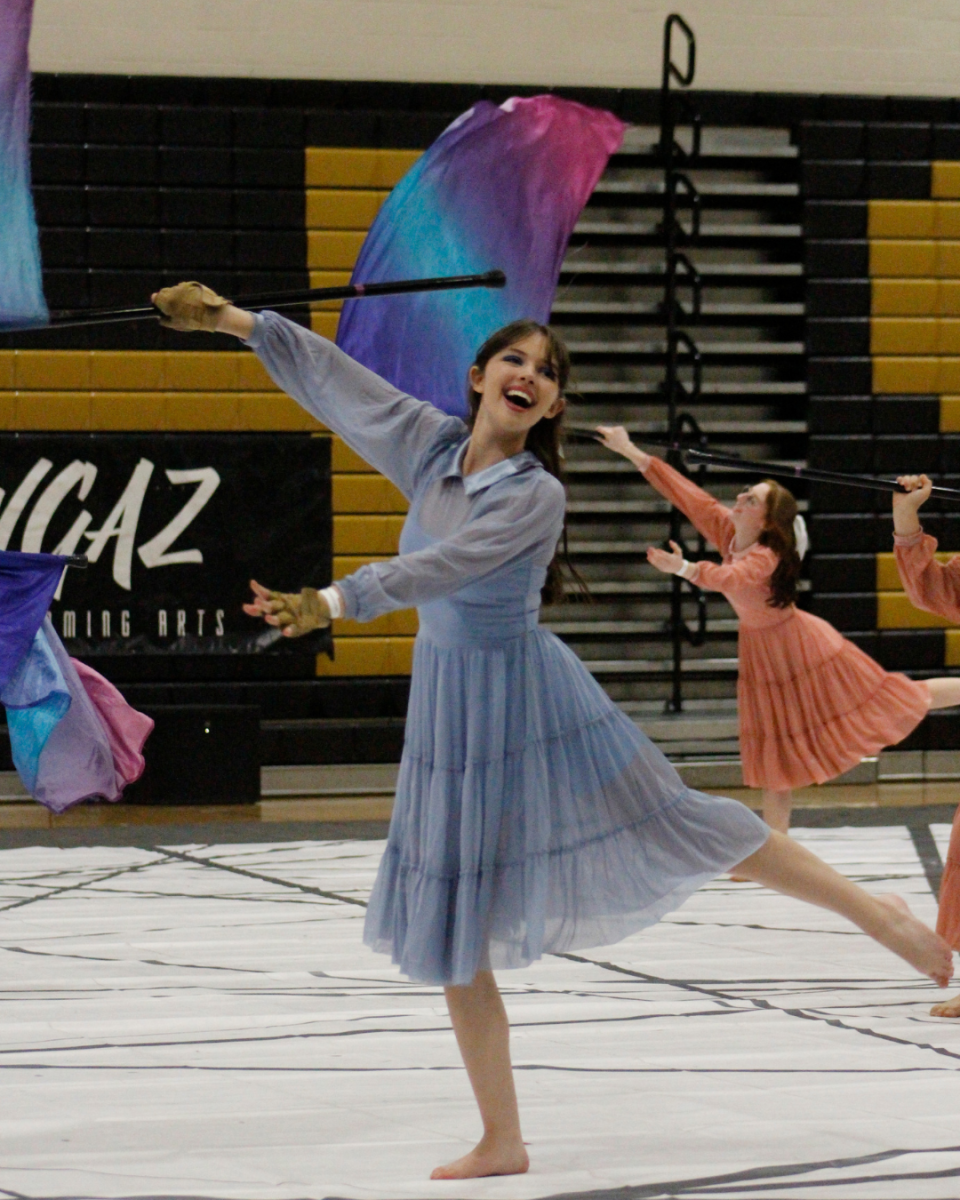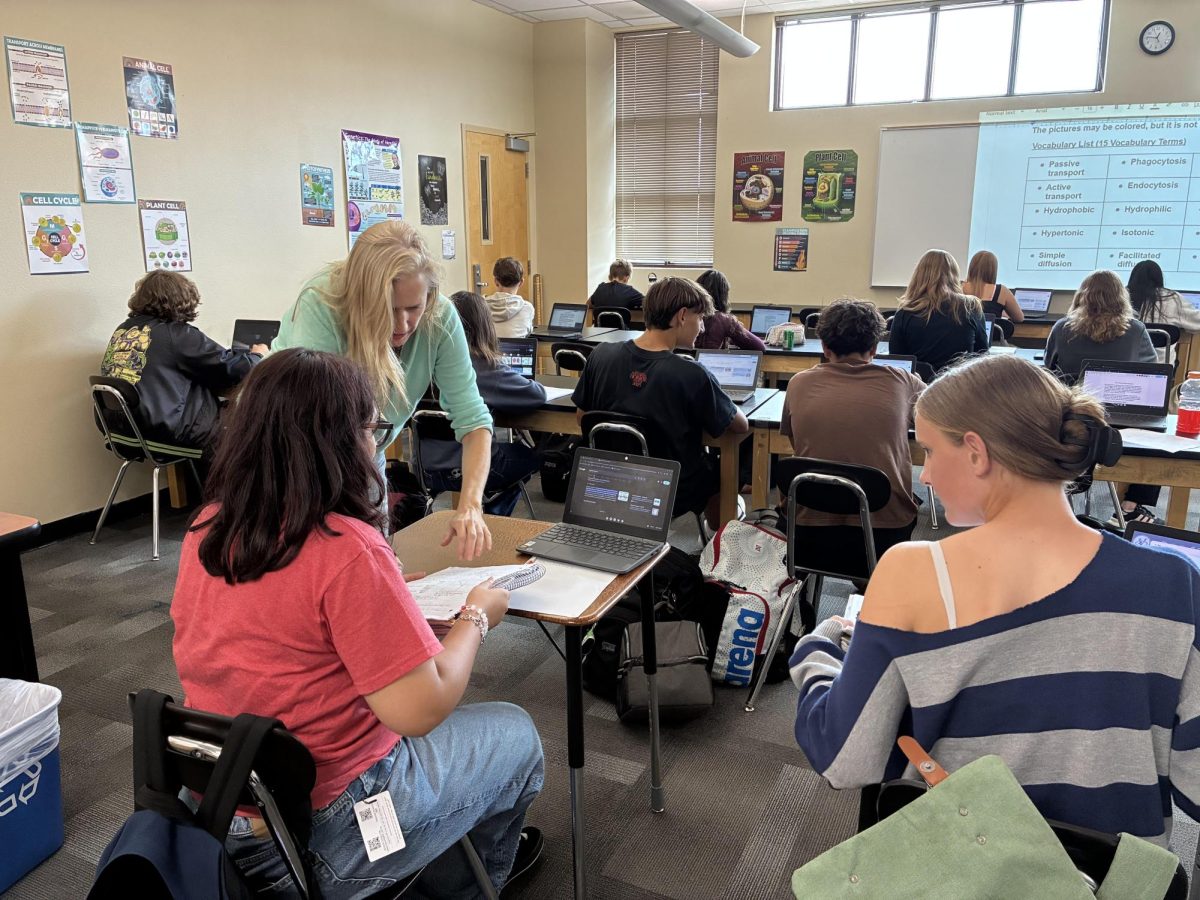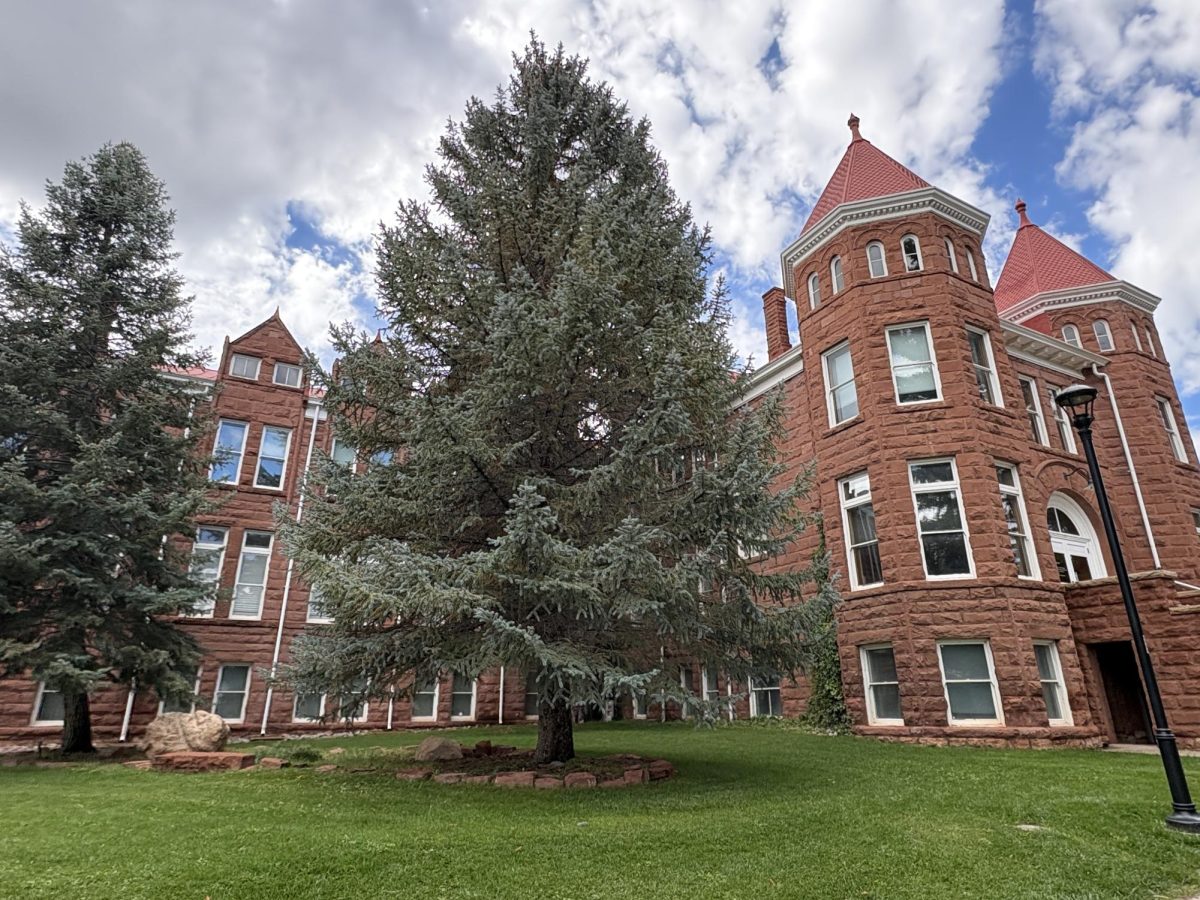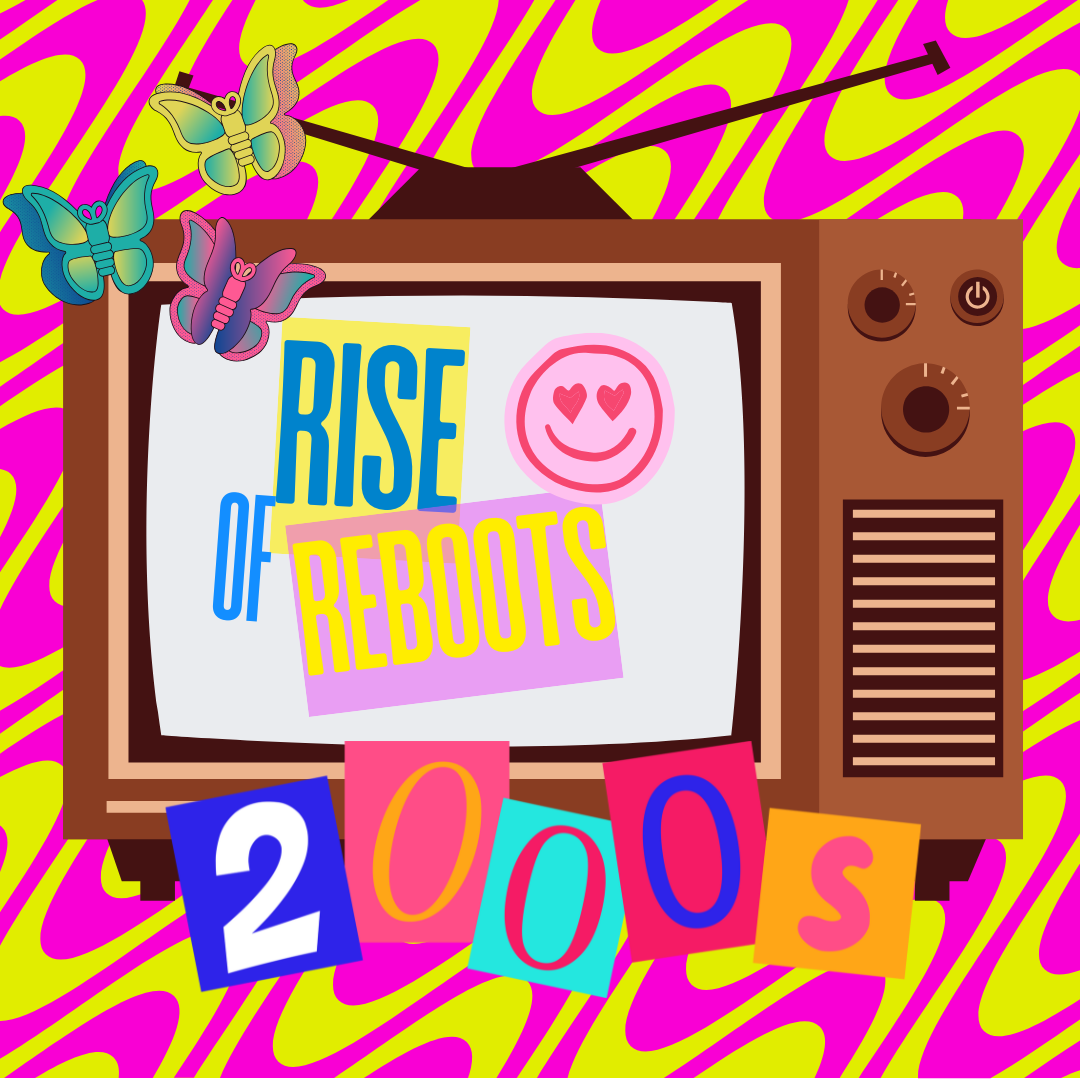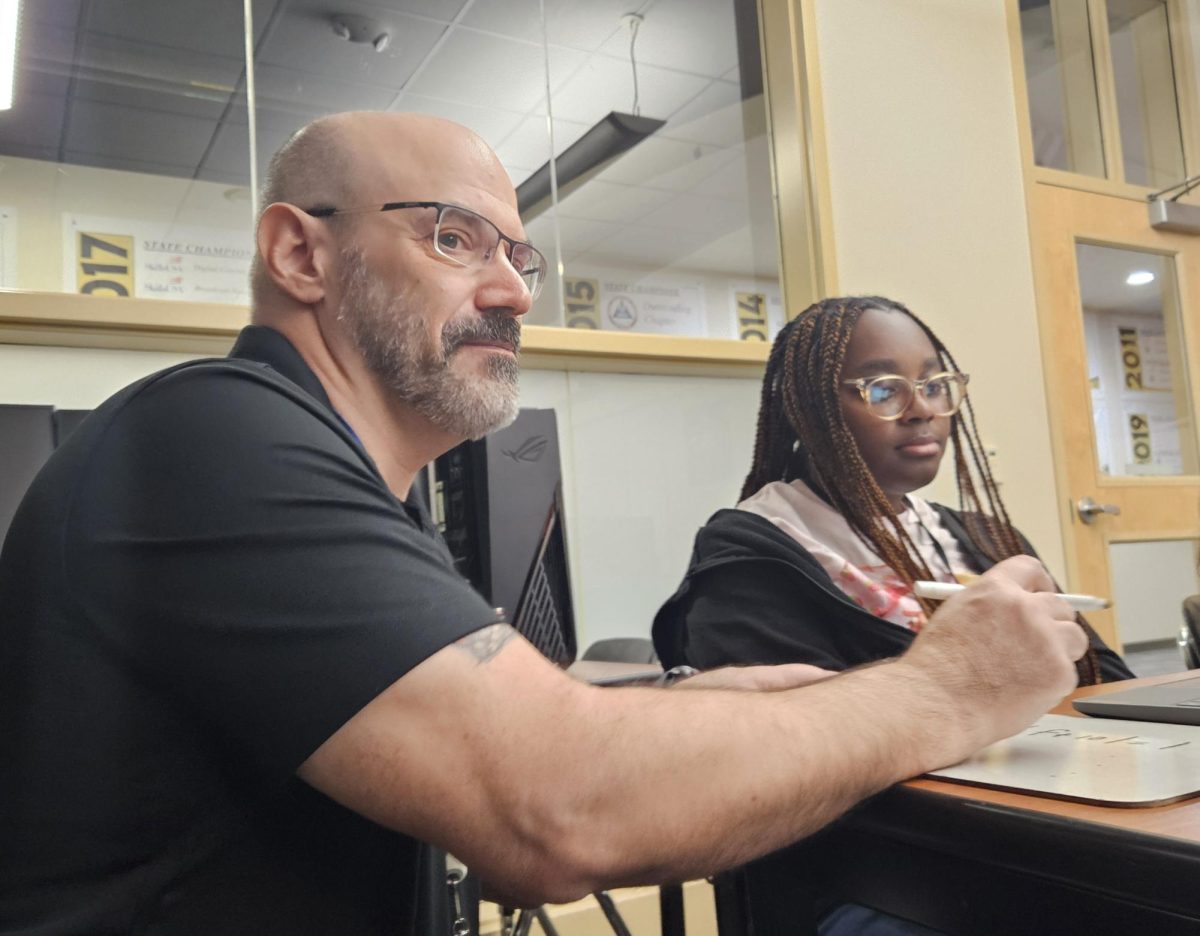If one were to look into any classroom in high school or college they would notice something, most students are either using AI to cheat, are on their phones all class period, or seem uninterested, but it wasn’t always like this.
According to the Educational Testing Service, “in the 1940s only 20% of college students admitted to cheating, nowadays the percentage has increased to 75-98%.”
This steep increase in “cheating” or academic dishonesty results from many different factors including the invention of AI, increased pressure on students in high school in college, and the shift to online learning. Academic dishonesty often starts in high school or earlier.
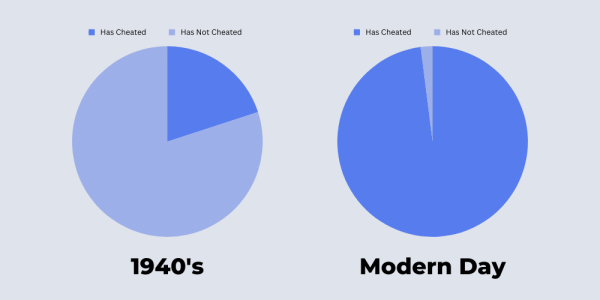
“There is a toxic culture around academic achievement and expectations that causes students and their families to sometimes value grades over actual knowledge,” says Amanda Barnes, Verrado High School AP Lit teacher. “Pressure builds and encourages students to take someone else’s work or share their own because they’re all just trying to survive the game of school and come out with a successful future. With the ability to see Studentvue/Parentvue grades constantly, I think there are too many opportunities to worry about grades all the time instead of focusing on what is learned throughout the semester.”
The increased pressure on students could also be due to the increase in the price of higher education. According to the education data initiative college prices have risen 179.2% in the last 20 years. The change in societal expectations when it comes to higher education along with the increase in price puts more pressure on students to do well in school than in previous generations. High school students need to get all A’s so they can get scholarships to college, and college students may feel the need to cheat since they are paying so much for their education. Getting a B or C in a class can cost students thousands of dollars, and prevent them from being able to go (or stay) in college.
According to Erin Eisen, Verrado’s AP Government teacher, there may be other reasons why students are academically dishonest such as “students cheat because they don’t understand it’s wrong. Many students don’t understand why cheating is bad or unethical.”
Unchecked academic dishonesty seems to have gotten worse during and after the pandemic. Many of the teachers had to let all students use notes because they knew they couldn’t control online students.
Many students will cheat if “they don’t value the assignment or content, so they don’t see it as worth doing. If a student doesn’t think they need the skill or knowledge in a class, why should they bother learning it?” says Barnes.
One way to keep students invested in school and keep them from cheating is to be involved in a sport or other extracurricular activity. They are often demanding and it can give a student motivation to do well and be honest in school or it can have the exact opposite effect. It depends on how the student deals with stress and reacts under pressure. Student-athletes who cheat often don’t realize that asking for an extension is an option or they don’t think that it would ever get done.
“I’m at school every day for my extracurricular activities,” says Kevin Reinhardt, a very involved student at Verrado High School. “Cheating doesn’t cross my mind because I’ve been to all my classes. Although many students involved in extracurricular activities find it challenging to find enough time to study or do homework, which can lead to an increased amount of cheating.”
As a student with a full academic and extracurricular schedule, it can be hard to be able to fit everything in. While academic dishonesty is always an option it is never the answer.
